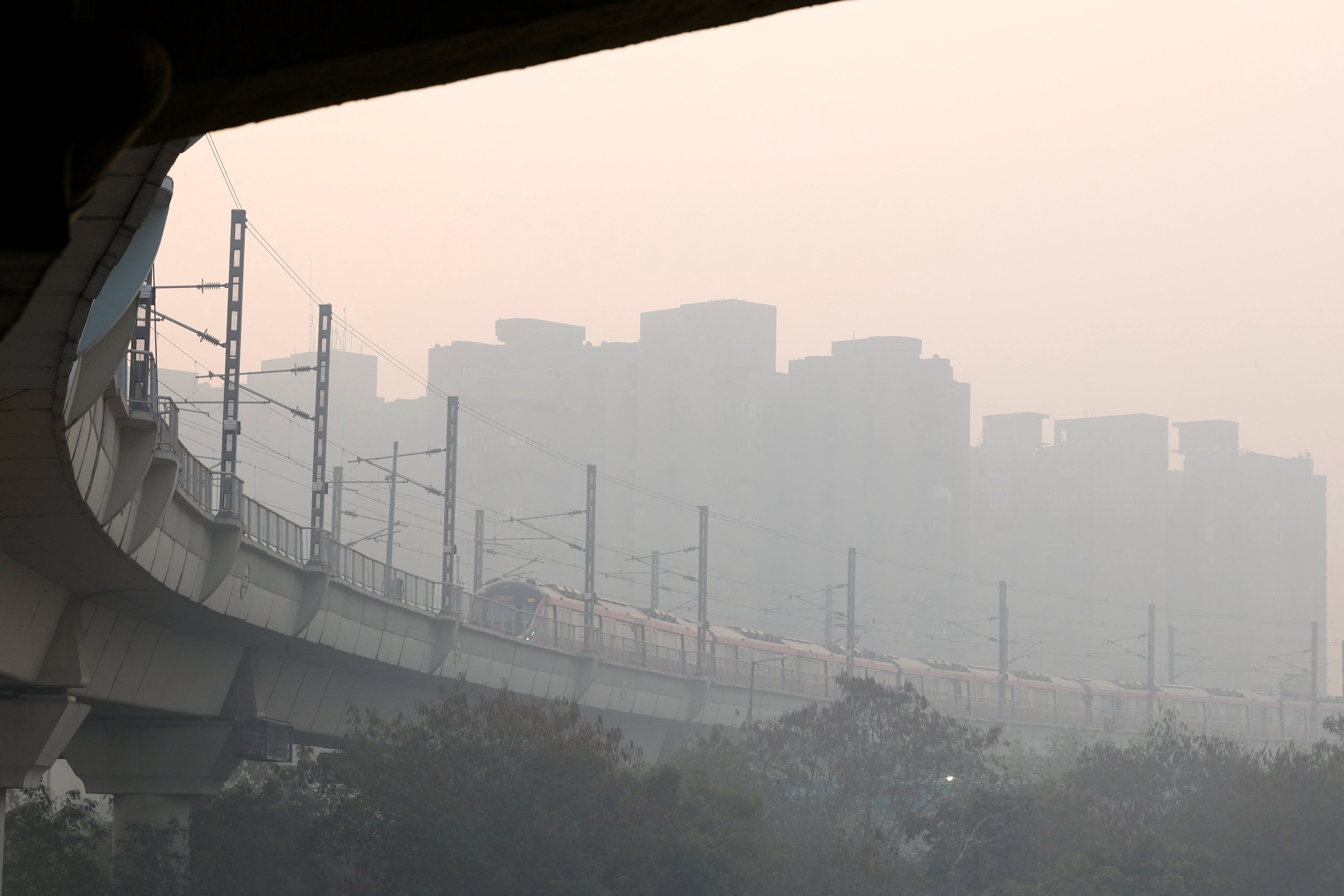Delhi’s government has been forced to reverse a controversial plan to effectively ban older vehicles from city roads after public backlash and concerns over how the policy would be implemented.
The plan would have seen “end of life vehicles” – petrol cars over 15 years old and diesel vehicles over 10 – denied fuel at petrol stations using automatic number plate recognition cameras, or ANPR, and, potentially, impounded on the spot.
The policy was set to come into effect this week but state environment minister Manjinder Singh Sirsa said last week the government would halt the plan following widespread complaints.
Mr Sirsa said the administration would not allow vehicles to be seized and cited “technological integration challenges” and a lack of coordination with neighbouring states sharing traffic with the capital.
The plan to deny fuel to older vehicles ignited anger in particular among middle-class people, a key voting bloc that helped return prime minister Narendra Modi’s BJP to power in the city earlier this year after nearly three decades.
The Commission for Air Quality Management, a federal body overseeing pollution rules across the wider National Capital Region, had ordered that fuel stations in Delhi begin using ANPR to deny fuel to old vehicles from 1 July.
Air pollution has long plagued India’s capital, with some of the world’s worst air quality readings recorded in the city each winter, and scrapping old vehicles has been promoted by courts and green tribunals as a way to reduce harmful emissions.
While bans on old vehicles have existed since a 2015 court order, the new enforcement method of using fuel station bans based on automatic number plate recognition has triggered strong backlash.

Residents voiced concerns about the plan, noting that enforcing it would be extremely difficult in a sprawling city where millions depended on older cars for work and daily life.
Delhi authorities had begun limited enforcement but reports of confusion at fuel stations and strong objections from car owners, some of whom cited emotional attachments to their vehicles, quickly turned the matter into a political headache.
The plan also sparked a blame game between the ruling party and the opposition, with the Aam Aadmi Party accusing the BJP government of forcing people to buy new cars.
“The BJP government in Delhi, in collaboration with the auto industry, is forcing the middle class to buy new vehicles,” former deputy chief minister Manish Sisodia from AAP, alleged.
Halting the ban, the government acknowledged that many people had grown angry at the potential for their vehicles to be seized even if well-maintained.
The state’s chief minister, Rekha Gupta, said her government was committed to controlling air pollution and was working on long-term solutions for clean and sustainable transportation.
"However, while implementing any decision, it is equally important to maintain a balance with the social and economic needs of the citizens," she wrote on X.
A LocalCircles survey released last week found that 79 per cent of the respondents opposed the new rule. Public frustration had been evident on social media, with many residents highlighting emotional and financial hardships caused by the ban.
According to the World Health Organization, air pollution contributes to nearly 1.67 million deaths annually in India, making it one of the country’s leading health risks.
The State of Global Air 2023 report estimated that air pollution was responsible for about 17 per cent of deaths in India from all causes.
Delhi’s vehicle ownership has exploded in recent years, with transport department data showing over 12 million registered vehicles in the capital as of 2024, including around 7.6 million two-wheelers and 3.5 million cars. This surging number of vehicles, many of them over a decade old, has been a key contributor to toxic smog episodes blanketing the city each year.
Dalai Lama marks 90th birthday amid rising tensions over succession
Reuters’ X accounts blocked in India amid confusion over ‘legal demand’
Dalai Lama says he hopes to live past 130 as India responds to China
China and India spar over Dalai Lama’s succession
Hair clinic ordered to pay over £5,000 to man who claims not ‘even 1% improvement’
Female teacher, 40, arrested for sexually assaulting 16-year-old male pupil







